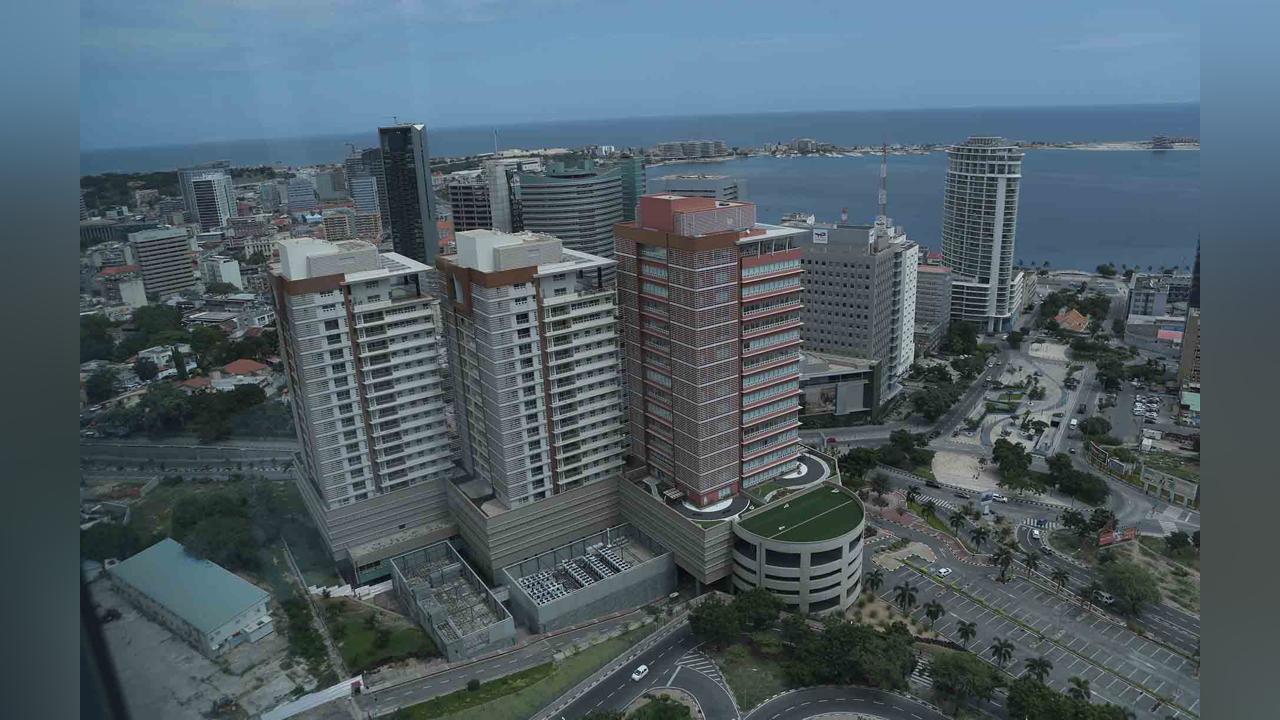Africa-Press – Angola. The exchange offices operating in the country have registered successive decreases in their foreign currency purchase and sale operations, having, in 2022, reached the lowest value in recent years.
This result is justified by the process of liberalization of the foreign exchange market, according to the National Bank of Angola, which presents the results in its Report and Accounts/2022, recently published.
In 2022, the volume of purchases of foreign currency made by exchange offices, in a total of 34, reached the equivalent of 5.20 million US dollars, representing a decrease of 59.96% compared to the same period of the previous year.
Foreign currency sales, in the same period, was 4.77 million US dollars, corresponding to a reduction of 13.63% compared to 2021.
The results, in 2022, of the exchange offices also fell into “negative”, having reached 363.70 million kwanzas, despite a recovery in relation to the same period, whose negative value stood at 709.95 million kwanzas.
Furthermore, the assets of exchange offices increased by 814.00 million kwanzas, with an increase of 10.37% compared to the previous year, amounting to a global amount of 8.7 billion kwanzas.
According to the document that press had access to, the increase was motivated by the increase in the amount of the item other values by 1.57 billion kwanzas (85.39%), which represents a weight of 39.27% of the total assets.
As for liabilities, a value of 6.19 billion kwanzas was recorded, representing an increase of 4.70% compared to the same period last year.
Meanwhile, other relevant headings had the opposite behavior, such as cash equivalents with a weight of 36.05% of total assets, which saw a reduction of AOA 261.28 million compared to 2021, mobilizations with a weight of 12.45%, with a reduction of 31.13 million kwanzas.
The change in these items, as a whole, was not enough to offset the increase in assets of AOA 814 million.
Revoked licenses
In the period under analysis, the National Bank of Angola (BNA) decided to revoke 41 licenses of non-banking financial institutions, for non-compliance with the rules and regulations that dictate the market.
These are exchange offices, payment service providers, microcredit and credit cooperatives.
The termination of the respective authorization licenses is related to non-compliance with prudential duties and inactivity for a period exceeding six months.
According to the Central Bank’s 2022 Report and Accounts, the structure of the non-banking financial sector closed the year with a total of 75 authorized institutions, of which 66 are in operation.
Of the set, two institutions are funds, in this case, the Credit Guarantee Fund (FGC) and the Agrarian Development Support Fund (FADA), an Interbank Services company, EMIS, 34 are exchange offices, 16 are service providers of payment, all under the supervision of the BNA.
For More News And Analysis About Angola Follow Africa-Press






